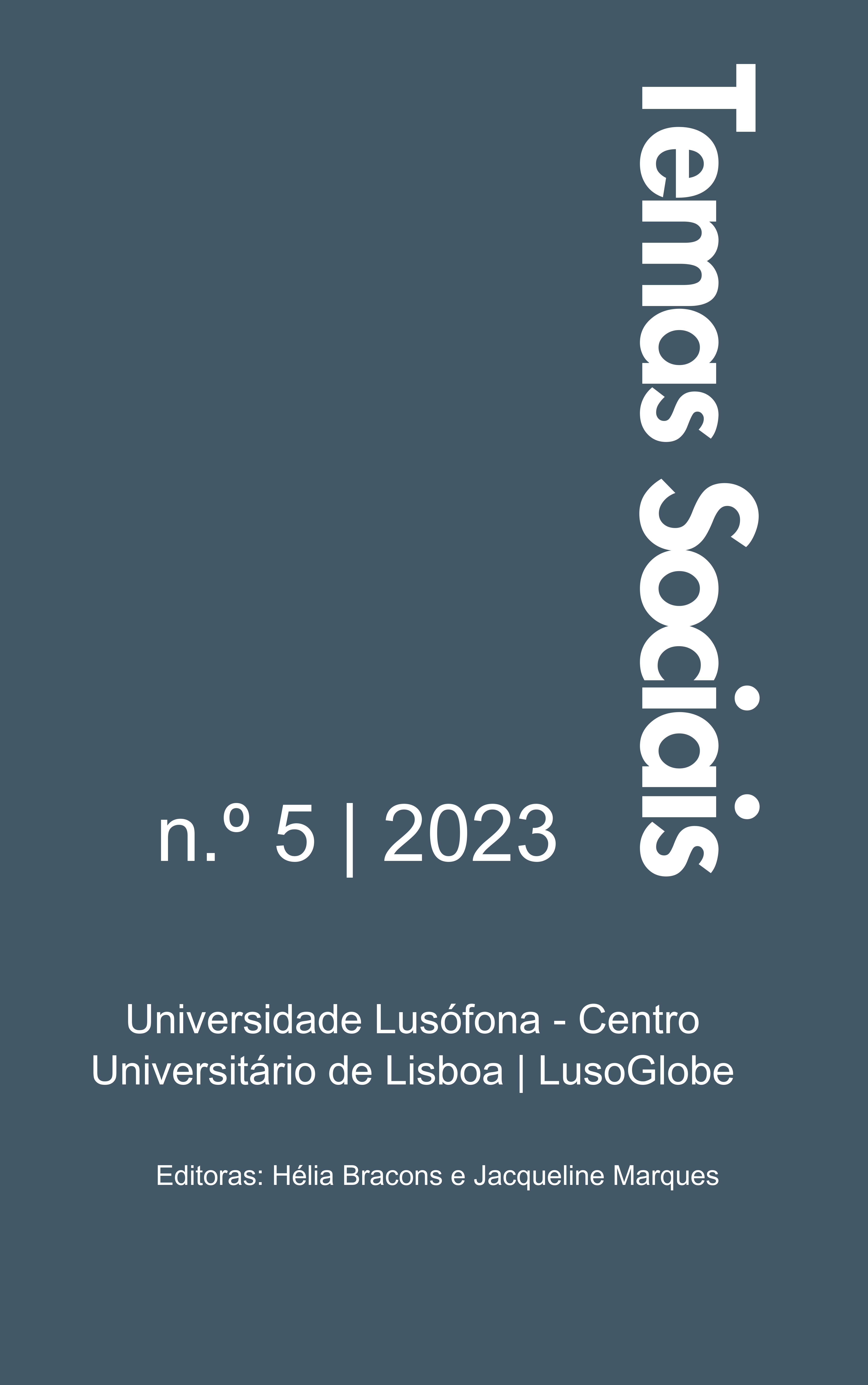A Inteligência Emocional, Resiliência e Stress nos/as Interventores/as Sociais
https://doi.org/10.53809/TS_ISS_2023_n.5_28-45
Abstract
Human beings have always been facing various obstacles over several generations, but in the past four years they have come face to face with the COVID-19 pandemic and its lockdowns, the possibility of 3rd World War, climate change, natural disasters, rising inflation and many other difficulties. This study aims to assess the perception of emotional intelligence, resilience and occupational stress in social workers working in mainland Portugal and the islands, focusing on a sample of 237 individuals, 215 female and 22 male, aged between 21 and 73. The Wong and Law Emotional Intelligence Scale, the Brief Resilience Coping Scale and the Oldenburg Burnout Inventory were applied. The results showed that the sample had a high average perception of emotional intelligence and an average ability to regulate their own emotions. In terms of resilience, the sample revealed average results. Occupational stress is evident, resulting in medium/low values for the ability to detach and the perception of exhaustion. It was concluded that the participants have an average perception of emotional intelligence and resilience to respond adaptively to the effects of stress arising from the context in which they find themselves.
Downloads
Open Access Policy
Temas Sociais Journal is an open access journal, providing free, immediate and unrestricted access to its contents, with the aim of promoting the circulation of scientific knowledge and academic exchange at national and international levels.
By submitting their manuscripts, authors authorize the publication, dissemination and public communication of their work within the scope of the journal, while retaining full responsibility for the content of the submitted manuscripts.
Copyright
Authors retain copyright over their works and grant Temas Sociais Journal the right to publish, reproduce, disseminate and archive the contents in digital format, in accordance with the journal’s editorial policy and open access principles.
Any reuse of published content must comply with the conditions established by the journal and with applicable copyright legislation.
Code of Ethics and Good Practices
Temas Sociais Journal is committed to the ethical principles of research and scientific publishing, promoting academic integrity, editorial transparency, and equal opportunities in access to knowledge. To this end, it adopts the following Code of Ethics and Good Practices:
-
Submitted manuscripts must be original, unpublished, and of exclusive authorship, and must not have been previously published, disseminated, or submitted to another journal.
-
Authors are responsible for obtaining all necessary permissions for the publication of their work and for properly acknowledging all sources and references used.
-
Research resulting from external funding must ensure, where applicable, authorization for the dissemination of the results.
-
All submitted manuscripts are subject to plagiarism detection, using the tool in force at the Universidade Lusófona – Centro Universitário de Lisboa.
-
Articles are evaluated by external peer reviewers with expertise in the relevant field, under a double-blind peer review system, ensuring the anonymity of both authors and reviewers throughout the process.
-
Research involving human participants must ensure informed consent, strict respect for data confidentiality, and, where applicable, approval by an Ethics Committee.
-
Authorship must reflect exclusively those individuals who have made a significant intellectual contribution to the conception and execution of the research, analysis of results, drafting of the manuscript, and approval of the final version.



